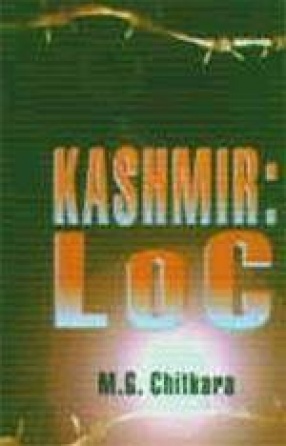Conflicts over the access to and use of narural resources have become common throughout the world. Such strife is often difficult to resolve, as it embraces plethora of issues and numerous claimants. In many cases, governments are incapable of providing an effective and legitimate management framework. Meanwhile, the livelihoods of people depending on the resources in question are in jeopardy. To understand how conflicts over natural resources develop and how they are resolved or perpetuated, Maarten Bavinck provides a detailed case study of marine fisheries along the Coromandel Coast in Southern India. The fish resources of the area are contested by a sizeable artisanal fishing population as well as by a newly established community of trawler fishermen. Each has developed a different set of rules governing access to and appropriation of fish resources. The government of Tamil Nadu is the most recent entrant to the field, and has endeavoured to resolve the conflict by regulating fishing rights. The end result is the existence of three ‘legal’ systems. The author examines each system in detail. He also discusses patterns of conflict and accommodation, social and economic organization, and authority structures which enforce rules. Dr. Bavinck concludes that fisheries regulation is not the exclusive responsibility of the state. Instead, he notes the existence of well-defined regulatory practices among both the artisanal and trawler fishermen. This well-argued and meticulous study is a distinct contribution to social theory since it links the study of sea tenure to the discourse on legal pluralism, while simultaneously embedding social theories in the dynamic realities of people’s struggles.
Radio and TV Journalism
$25.20
$28.00



There are no reviews yet.